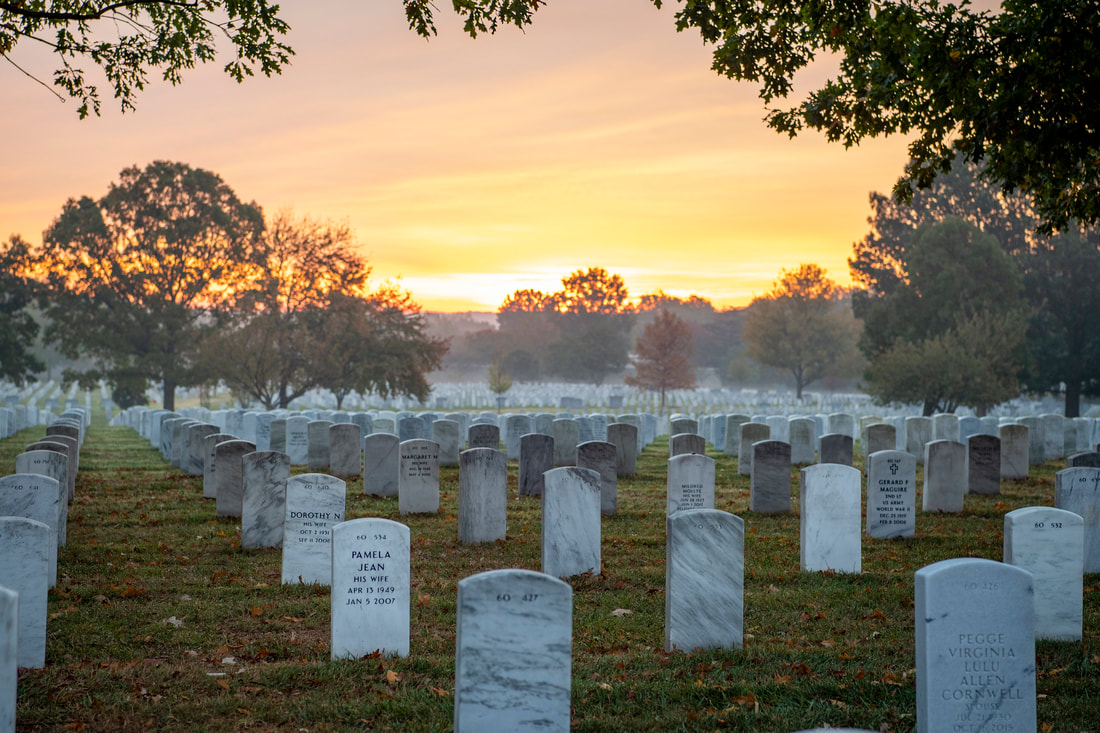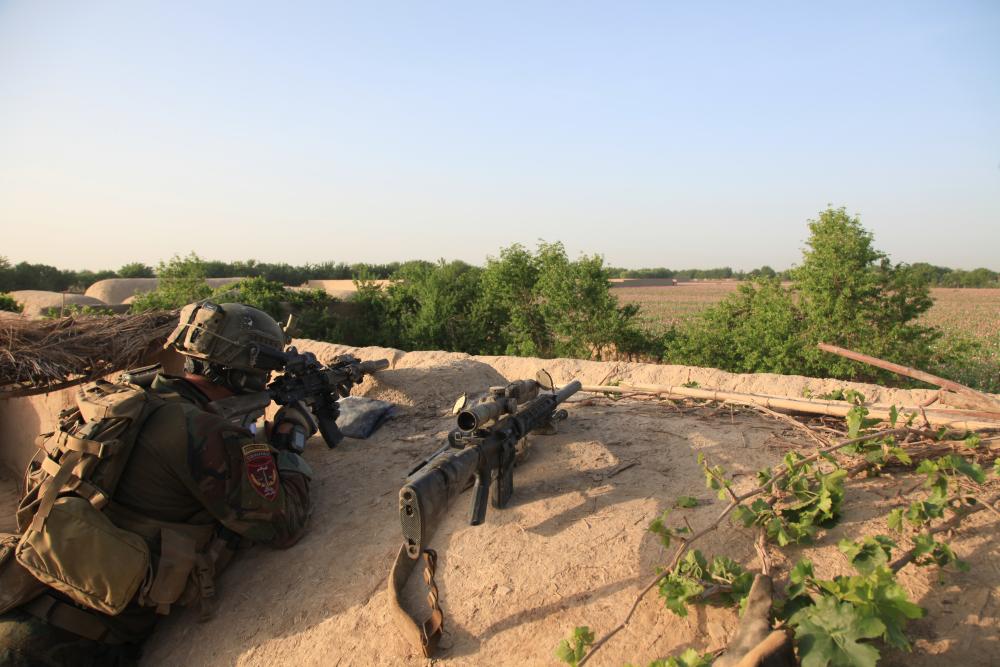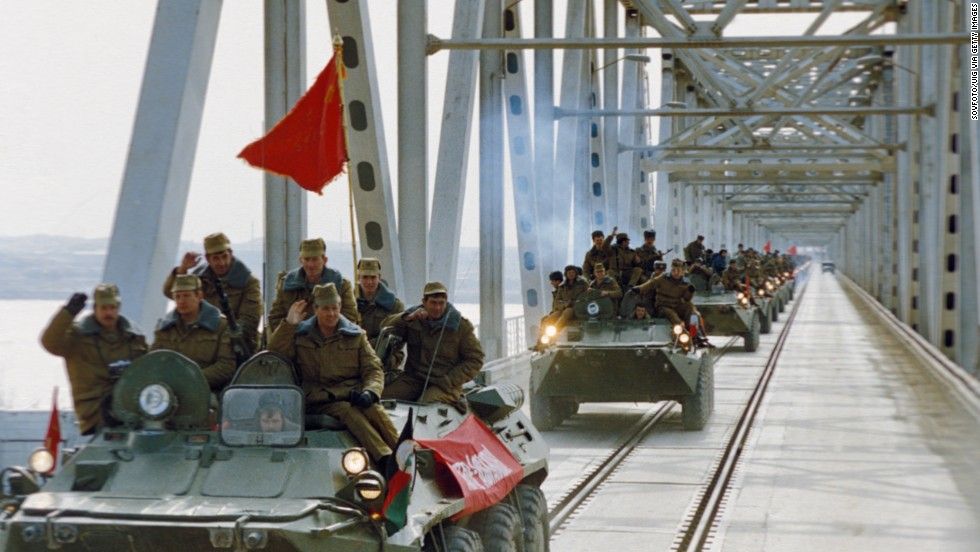The Endless War
|
After two decades of unsuccessful war, thousands of heroic men and women have been wounded or killed in action in Afghanistan, and the United States is on the verge of a massive escalation of violence when the May 1st withdrawal date arrives. It remains unclear what the Biden Administrations Policy is for Afghanistan? If there is a policy plan, most Americans are unaware of it. The Afghan war immediately following the 9/11 attacks on our homeland was a lightning-fast invasion to find, fix and finish al Qaida and the Taliban. The US intelligence community and the military SOF community displayed speed, creativity, and a ruthless application of air-power and maneuver on the ground to invade, achieve the stated objectives, and destroy the enemy at the cyclic rate. We succeeded in Afghanistan in the first year. We attacked the weaknesses of the Taliban leadership and al-Qaida and broke them. The USG squandered that victory and shifted to a conventional military model and "nation-building" (for lack of a better term). We created a path for the Taliban and AQ to recover, and they did.
|
|
Today, a solution to the Afghan "issue" is more complicated, yet a workable solution is still achievable. First, we must accept that after 20 years of conflict, we have lost this war. Second, we must craft a policy based on reality inside Afghanistan. That policy needs to understand and accept that Afghanistan is ungovernable from Kabul, with centralized control. The tribal, province, and warlord model has not been uprooted and replaced in 20 years of effort. We must also accept that Pakistan is not an ally and has worked tirelessly to prevent progress in Afghanistan. They have their own policy agenda, and it has never been compatible with the US policy goals in Afghanistan. There is ample evidence that Pakistan has contributed to and actually participated in operational activities that resulted in American forces' deaths.
In recent years, through the Revolutionary Guard Corps and Quds forces, Iran has opened up their borders with Afghanistan and are working aggressively against the US national security interests in Afghanistan. This is not helping stabilize the region. |
Without a comprehensive and sober acceptance of what is happening in the region, it's not a surprise we have failed in Afghanistan. President Trump was correct to accept this reality and made the hard decision to set a withdrawal date and drawdown. With the Taliban recovered and preparing to take over the nation, the options to salvage some version of peace, stability, and international reputation for the United States is out of reach in the near term. Afghanistan is not worth one more US life, nor one more dollar of money stolen by corrupt Afghan political officials.
Afghanistan should be closely monitored and managed like other chaotic and failing states. There must be a dramatic increase in the intelligence community's performance and production in the Afghan region, including Iran and Pakistan. The USG can maintain a small official presence with a vastly reduced Embassy staff and a security assistance program. The Afghanis need to fight for their own country. We will see quickly if they can hold their own. Granted, they would still need limited support from the US in the forms of comprehensive covert information/messaging and overt assistance programs. These programs could be run by a small intelligence cell & special missions unit staff in-country. Assist the Afghanis with the Peace Council, and see if they can hold onto what they have, and build some functional regional and local governance.
Sadly after 20 years of a failed war, there are no good or easy choices in Afghanistan. Everything about the country is foreign to Americans and the west, and after 20 years of engagement, the US policy community still doesn't understand the place.
Afghanistan should be closely monitored and managed like other chaotic and failing states. There must be a dramatic increase in the intelligence community's performance and production in the Afghan region, including Iran and Pakistan. The USG can maintain a small official presence with a vastly reduced Embassy staff and a security assistance program. The Afghanis need to fight for their own country. We will see quickly if they can hold their own. Granted, they would still need limited support from the US in the forms of comprehensive covert information/messaging and overt assistance programs. These programs could be run by a small intelligence cell & special missions unit staff in-country. Assist the Afghanis with the Peace Council, and see if they can hold onto what they have, and build some functional regional and local governance.
Sadly after 20 years of a failed war, there are no good or easy choices in Afghanistan. Everything about the country is foreign to Americans and the west, and after 20 years of engagement, the US policy community still doesn't understand the place.
|
In February 1989, when the Russian army was driving out of Afghanistan after their turn trying to control the place, a tiny team of American intelligence personnel was inside the nation, smiling with their friend and now Northern Alliance leader, Ahmed Shah Massood.
As General Gromov drove back to Russia, he likely never imagined the US would be staged to have the same experience in 2021. Ahmed Shah Massood made some comments to his American interlocutors around that time that still ring true today. He advised the Americans to "leave Afghanistan," stating, "you Americans should be cautious about what you think you can accomplish here. If you stay, these people will be fighting you. We, as Afghans, have generations of work to do, fixing ourselves. Stay in close touch, come and visit us regularly, as our guests, and leave us to these tasks we have for ourselves". The solution suggested by one of the most important historical figures in Afghanistan provided advice that we would be wise to heed today. |


